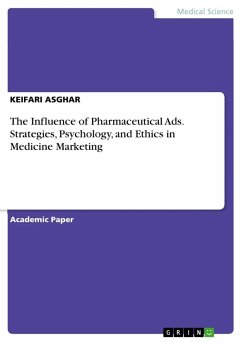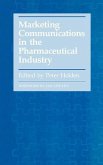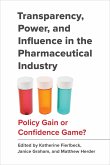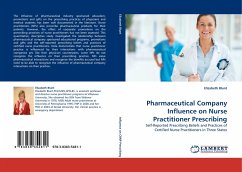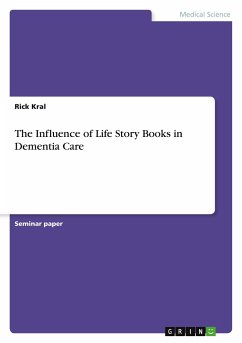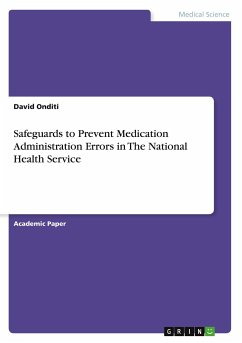Academic Paper from the year 2023 in the subject Health - Fitness and Health Management, grade: specialist pharmacist, Universität of Szeged (Pharmaceutical), course: specialist course, language: English, abstract: Pharmaceutical ads play a big role where medicine marketing and psychology meet in today's fast-moving world of spreading information. This study dives deep into this connection, looking at the strategies and psychology behind medication ads. It uses real research, examples, and careful thinking to show how these ads can change how people think and act when it comes to medicines. It's not just about saying good things about medicines. The study also looks at how these ads can affect our choices, sometimes in tricky ways. It also talks about when it's not okay to use sneaky tricks to get people to pick certain health products. Nowadays, we have lots of information, so these ads mixed with psychology can really affect how people decide about their health. This study wants to make this whole process clearer and more honest so that people can make good choices about their health. On another note, things like radio, TV, and the internet have made it very easy to share information about medicines. But this has also raised questions about whether it's okay to directly advertise medical products to the public. There are rules in the European Union (EU) about how medicines can be advertised. Hungary follows these rules and has its own as well. They even have a special centre to help with all this, and they want to make sure medicines are reliable, people are safe, and everything is fair. Upon the culmination of the research, a questionnaire was administered to both pharmacists and patients. What we found from their answers is that everyone agrees - they think advertising for non-prescription medications is good. They also think it's important to have strong rules and control over these ads.
Hinweis: Dieser Artikel kann nur an eine deutsche Lieferadresse ausgeliefert werden.
Hinweis: Dieser Artikel kann nur an eine deutsche Lieferadresse ausgeliefert werden.

